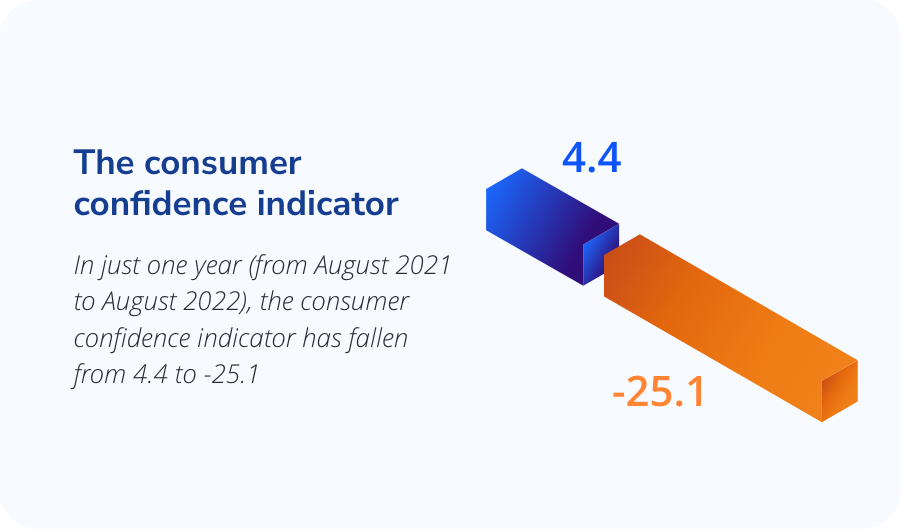Why marketers could benefit from thinking like an agency
Encodify
3 min read

As digital marketing has evolved, many CMOs have incorporated new skills and competencies into their organisational structure. It has become clear that insourcing marketing production is logical - it puts you closer to first-party data and internal stakeholders. Thinking like an agency could benefit CMOs and marketers. Here is why...
|
As digital marketing has become the standard, many CMOs have built new skills and competencies into their organisational setup. It has become more evident that insourcing marketing production is logical - closer to first-party data and the internal stakeholders. The economic downturn fuels this trend as the cost pressure increases. Ironically the downturn is making marketing even more relevant in the chase for consumers and new business. The CMOs and marketers could benefit from thinking like an agency. |
Digital marketing and first-party data have changed the scene
It used to be communication skills and project management that were the focus. Procurement assisted the CMOs in the most prominent corporations, ensuring cost control when agencies were selected.
Not so much anymore. Digitalisation and the Big Four (Apple, Facebook (Meta), Google (Alphabet) and Amazon) have had a severe impact on the skills and structure of marketing departments all over the world. We need a new set of skills and a much faster/more agile way of working than we used to.
In some organisations, we have seen omnichannel or online commerce form new independent departments, which in many cases have put pressure on brand management and brought the external communication to a misalignment, confusing customers and other stakeholders.
Whatever the internal stress on processes, confusion and extra cost, it has still been good business as the economy is strong and customers have been seeking online. A trend only strengthened by Covid-19.
However, this is now changing.
Change or be changed
Consumer behaviour is changing as the economy is on a downturn. And it is happening at a breathtaking pace. In just one year (from August 2021 to August 2022), the consumer confidence indicator has fallen from 4.4 to -25.1. Retail is the first line of defence that is taking the heat now, with an increased focus on cost, own brands/private labels and the need to focus on time to market and much more*.

But all marketers face the same effects - pressure on cost and efficiency. Doing more - for less. And fast. And especially if you are part of an organisation where your turnover depends on marketing and/or promotions, you will certainly already be considering your alternatives.
And of course, there are things that you can do. Some of the scenarios you could be considering right now are:
1. Organisational efficiency
Are we working effectively? Where do we see process inefficiencies like errors, time-consuming bottlenecks, and misalignment internally or externally? Is product marketing aligned with brand communication, category management and sales?
2. Production efficiency
Are we working efficiently with our external partners and using them optimally? Can we connect them even closer and ensure we add value in every step of the process?
3. In- or outsourcing?
Are we working efficiently with our external partners and using them optimally? Can we connect them even closer and ensure we add value in every step of the process?
4. Procurement
As always - but in the current situation with inflation and unstable supply, a risky place to place your bet?
The answer, in our experience, is all of the above.
Think like an agency
A well-run agency today controls its core processes and has an end-to-end production focus. It will be able to integrate freelancers, clients and all parts of their organisation in their way of working. They have to. Because errors and efficiency directly affect their client satisfaction and their results alike.
As a marketer and a leader of a marketing organisation, you could benefit from thinking like the CEO of an agency and mimicking the parts of the process that you see will fit your needs, whether you need to improve:
- Brand management
- Productivity
- Efficiency
- Time to market/agility
- Organisational alignment between product marketing, category management, sales or e-commerce











